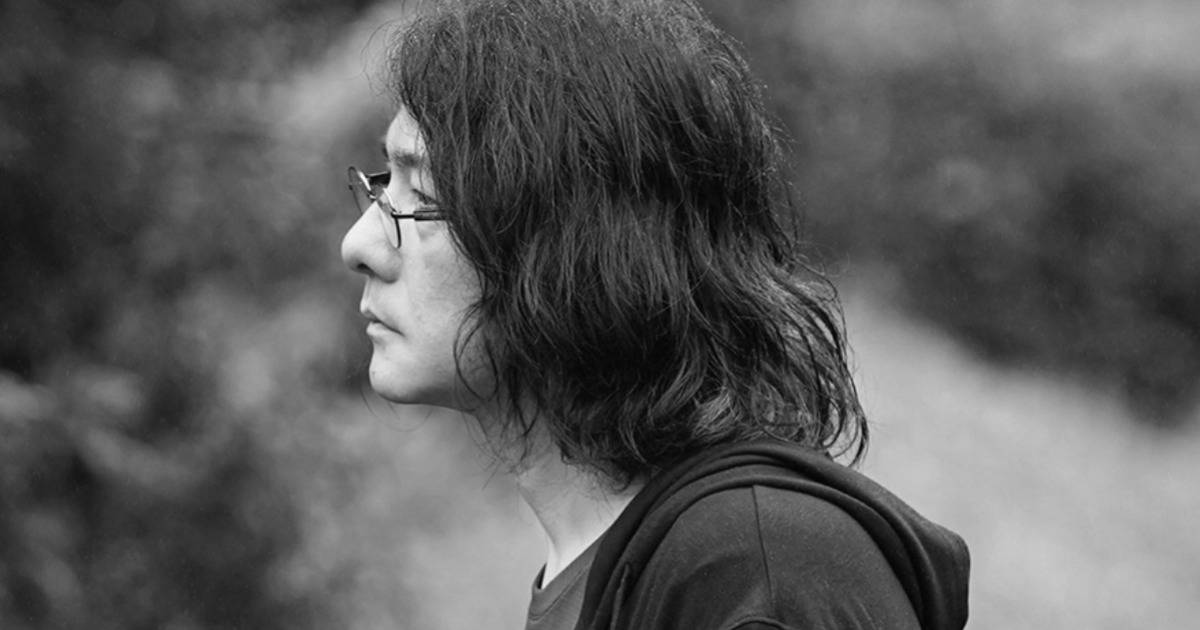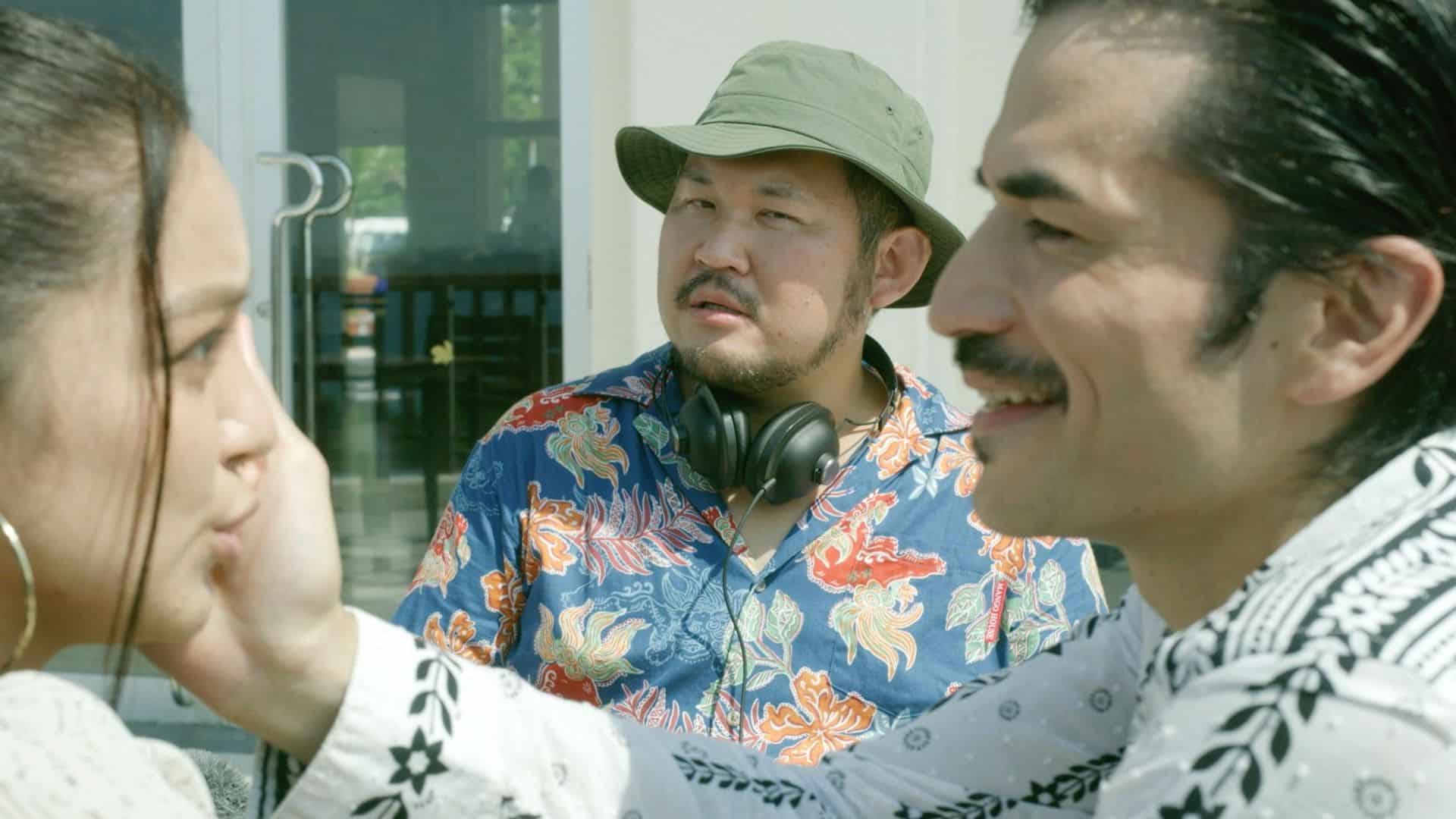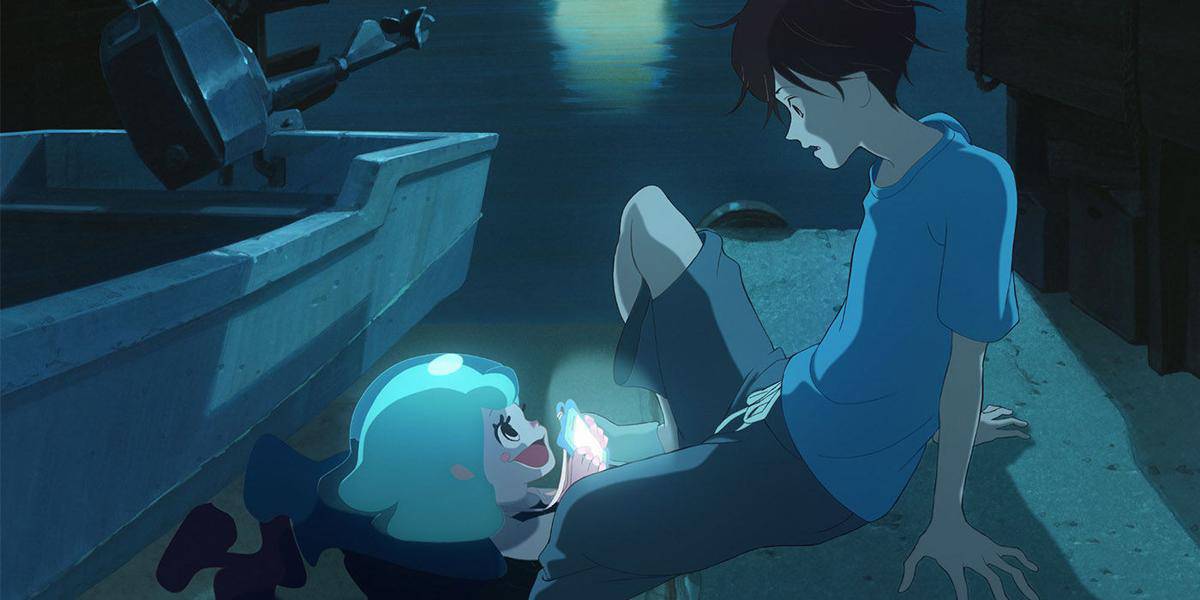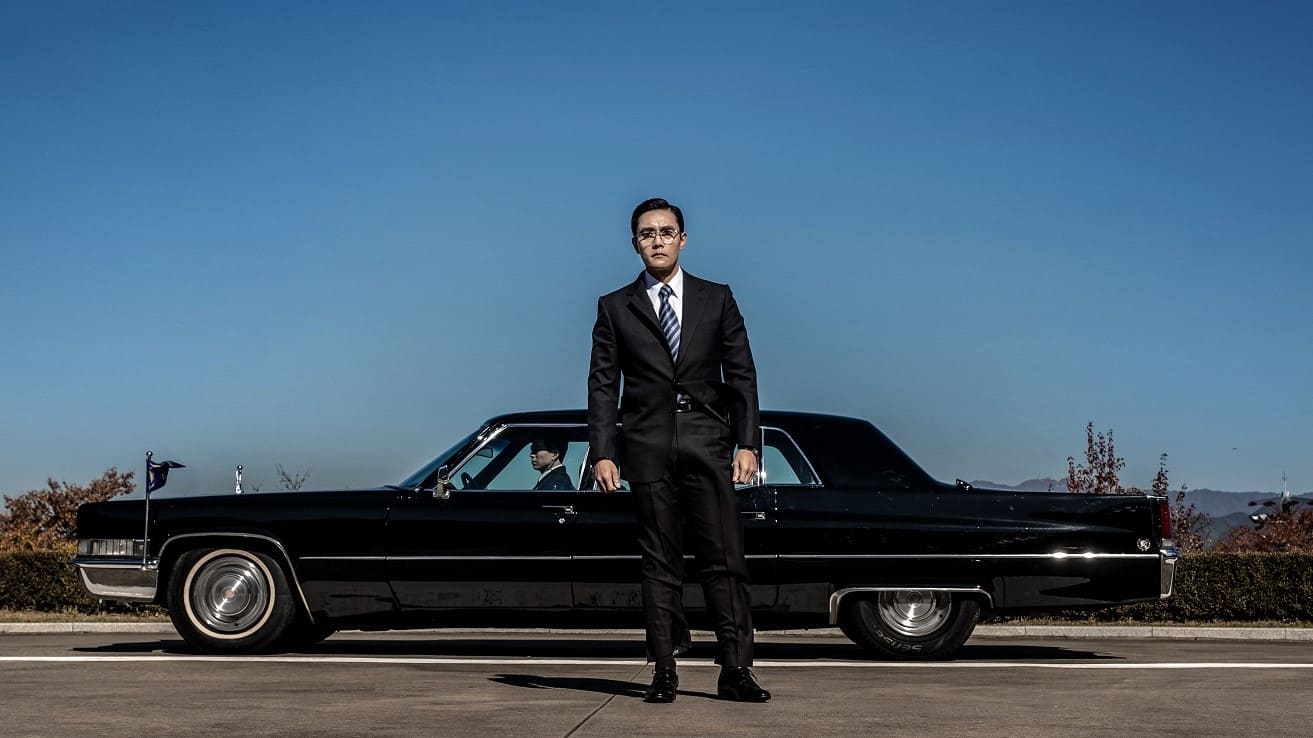10. Abang Adik by Jin Ong (Malaysia)
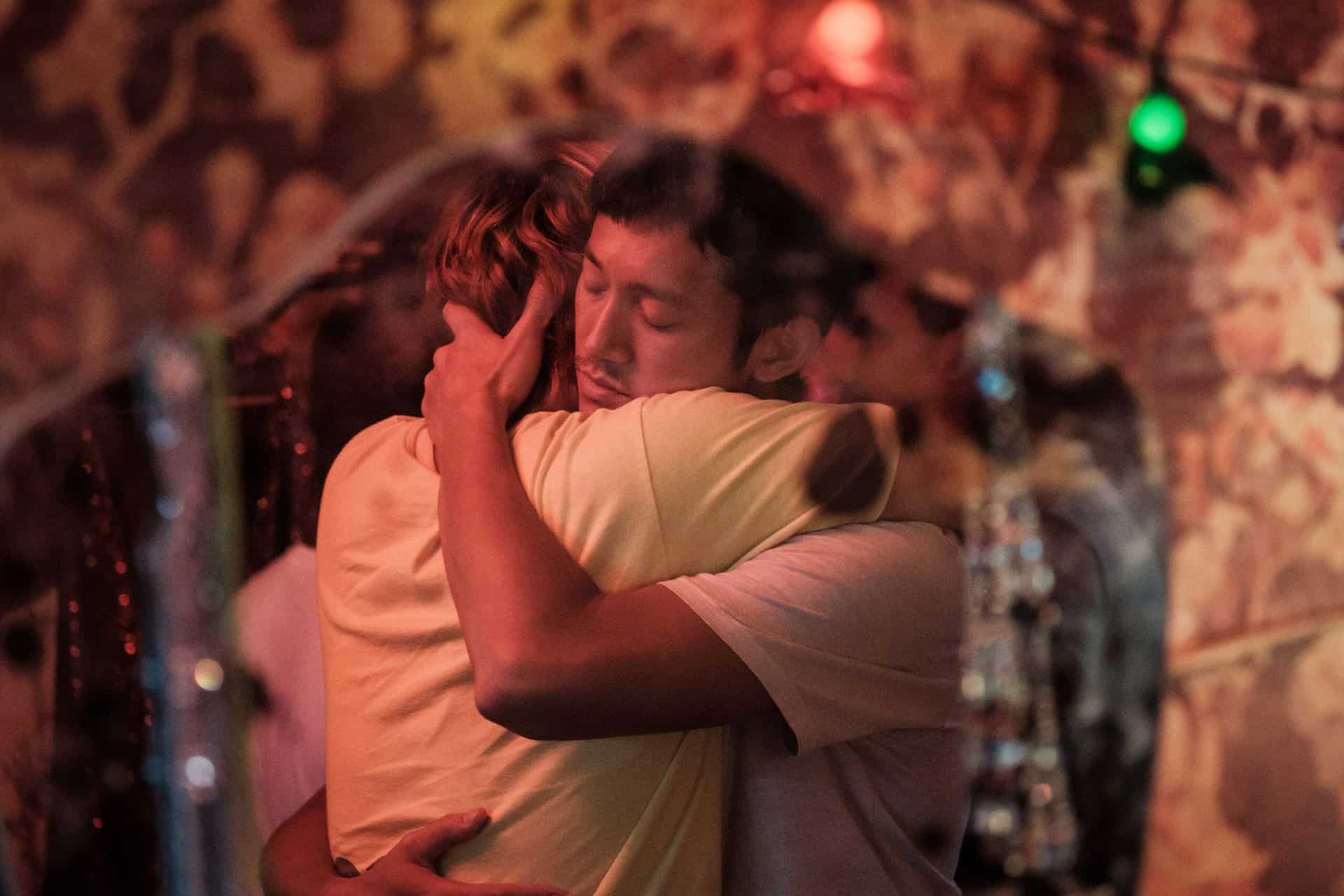
Defying strict genre boundaries, “Abang Adik” (literally, older brother and younger brother in Malay language) starts as a slice-of-life in the slums of Kuala Lumpur and just before deviating into poverty-porn, it surprisingly converts into a noir and a thriller with tones of melodrama. Ong places his symbiotic brothers in a metropolis where the fringes of humanity struggle to find an identity; however, their personalities, through the unravelling of the story, become increasingly strong and deeply touching, creating two characters you'll inevitably end up caring about. Simple gestures and rituals, like the habit of cracking boiled eggs on each other forehead (it is more graceful than it sounds!) show the bond and the habits formed by growing up together and sharing everything. In a short episode in the second half, Abang risks to get irreparably lost because of his disability but it doesn't happen because of the brothers' almost telepathic connection. A complete three-act piece – intro, shock, and relief – a 2-minute film within the film, about natural connections. However, when the plot gets thicker, the interaction between the brothers acquires a whole lot of complex psychological facets, exploring their emotional dependence – as they are to some degree dependent on each other – and the painful yet inevitable process of partition. (Adriana Rosati)
9. Day Off by Fu Tien-Yu (Taiwan)
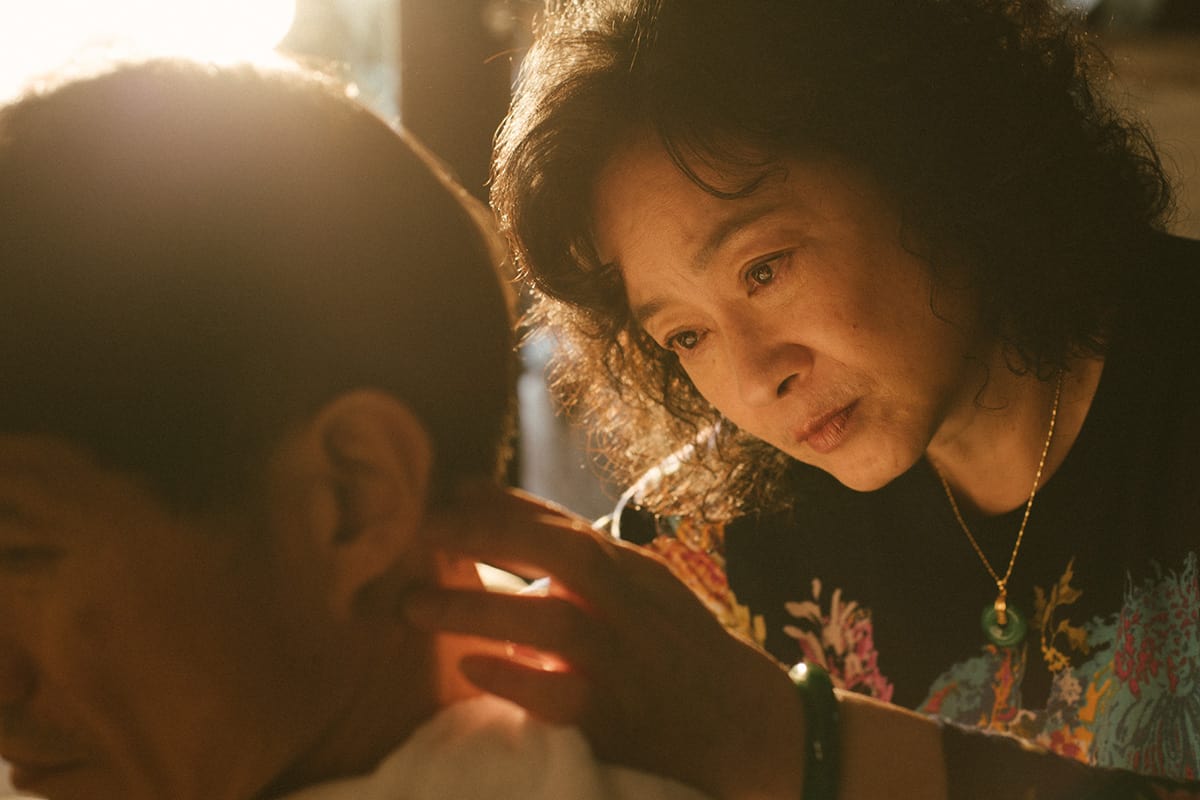
With “Day Off”, Fu Tien-Yu manages to capture the intimacy of everyday interactions that shape our lives and become embedded in our existence. While some characters are unjustly thrown to the wayside, A-Rui's journey is a warm and enjoyable one, made better through Lu Hsiao-Fen's refined performance. A tender slice-of-life drama, the film might prompt you to pay a little more attention the next time you're due a trim. (Tom Wilmot)
8. River by Junta Yamaguchi (Japan)
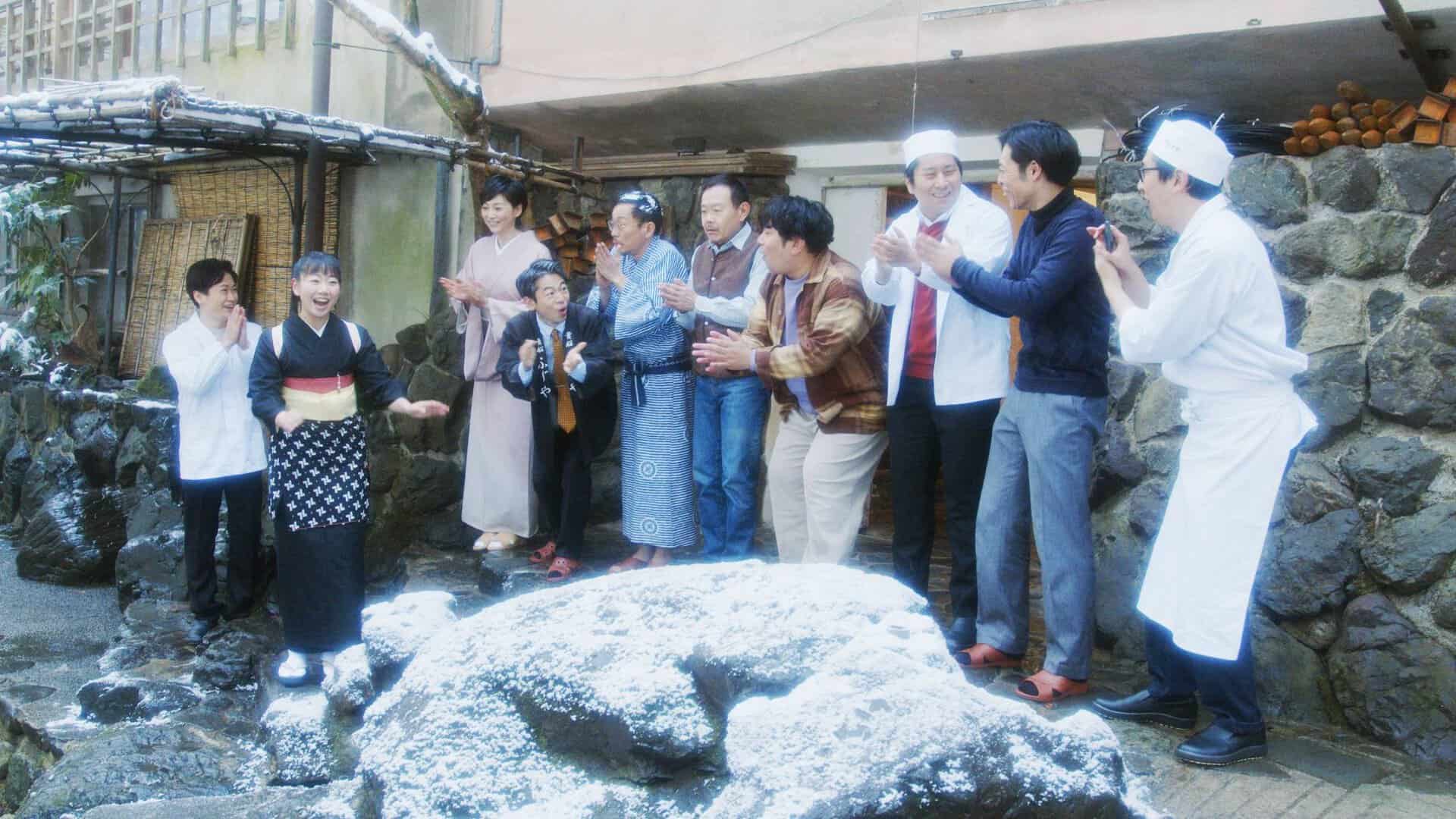
“River” is a film that shows that creativity can be accomplished on a low budget. There are commendable filmmaking efforts paired with excellent writing. The concept of people trapped in a two-minute time loop is creative. It makes for an entertaining experience to see these characters handle it while communicating with one another, along with funny humor. With each reset, the situation becomes far more drastic as it takes a toll on the folks affected, which does help add stakes and intensity to the story. It helps that sci-fi elements are creatively done through filmmaking techniques with precise editing and cinematography. (Sean Barry)

7. The Boy and the Heron by Hayao Miyazaki (Japan)
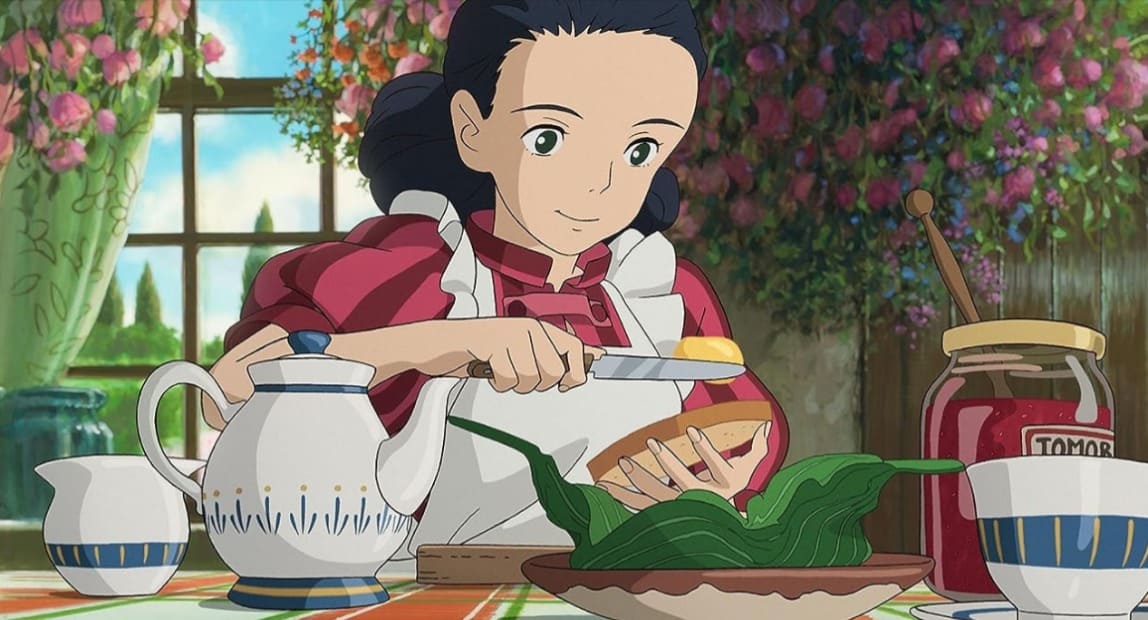
All in all then, “The Boy and the Heron” can be read as largely self-indulgent. With painstaking detail dedicated to each frame and a soaring score (as always) from the ever-reliable Joe Hisaishi, “The Boy and the Heron” is an aesthetically pleasurable film to watch. In a way, it feels as if this film also marks Miyazaki's final send-off. As the octogenarian director reminisces over what he has lived through and what he has done, it seems – with Mahito's final emergence from the sewer-hole – that Miyazaki is clearing room for the animation world anew. If this does end up being his last film – and touch wood if so! – then “The Boy and the Heron” marks a masterful capstone to his career. (Grace Han)
6. Side by Side by Chihiro Ito (Japan)
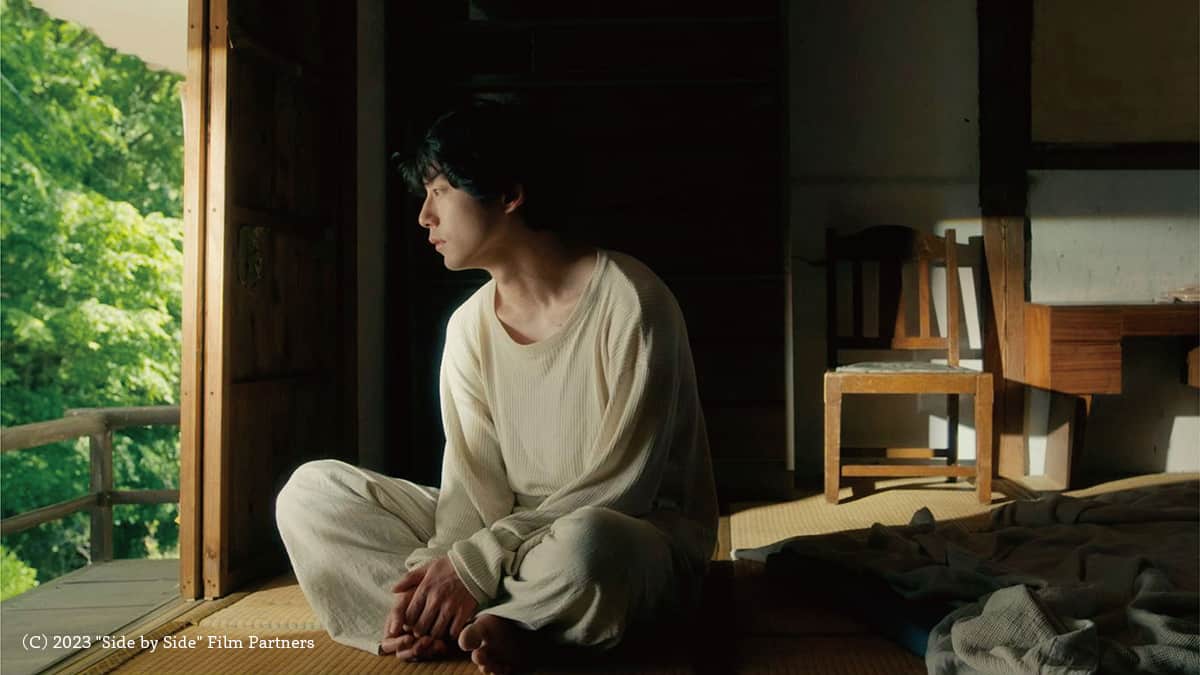
Adapted from her own novel, Ito's second feature is wrought with poetic anguish, the revelations of which come with a calming ebb and flow, mirrored only by a resplendence the modern world has alienated itself from. But this ebb and flow is just as deceptive as it is recuperative, its security false, a lull in preparation for an unavoidable if not sobering confrontation. With each breath becoming heavier, weighted down by a beautified sadness, “Side by Side” delivers comfort with acceptance, its final exhalation one of pure elation. At a time when the world is once again in a hurry with itself, “Side by Side” takes but one last moment to revel in the stillness before its past catches up once again. (JC Cansdale-Cook)
5. Full River Red by Zhang Yimou (China)

If one goes into “Full River Red” expecting another period-set action extravaganza akin to the likes of “Shadow” or “The House of Flying Daggers”, there would be severe disappointment in store. In fact, it is hard to pin Zhang's latest into one genre. Told in real-time, the feature begins as a Song dynasty whodunit, taking an approach not too dissimilar to a buddy-cop narrative, but swiftly gives way to a mystery/political thriller as layers upon layers of intrigue are slowly peeled away, only to reveal more layers. The palace politics in particular are etched out wonderfully, making the narrative come closest to a real-life chess game being played out in real time. There are deaths of course, but they are sudden and swift, and often bloody, a far cry from what one is accustomed to in a Zhang Yimou production. The narratively constantly evolves into something else, refusing to pigeonhole itself into one genre and is all the more unpredictable for it. (Rhythm Zaveri)
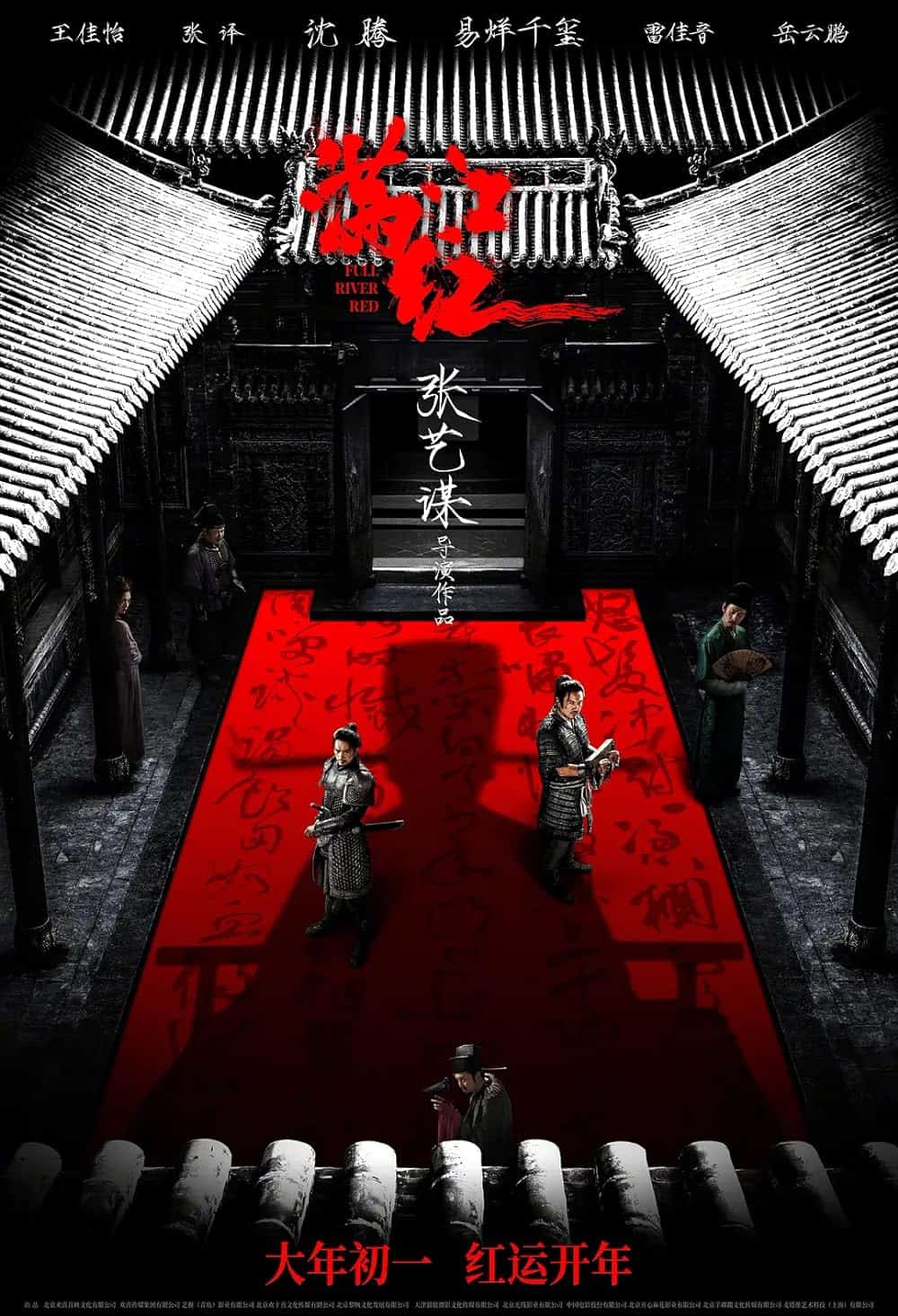
4. Monster by Hirokazu Koreeda (Japan)
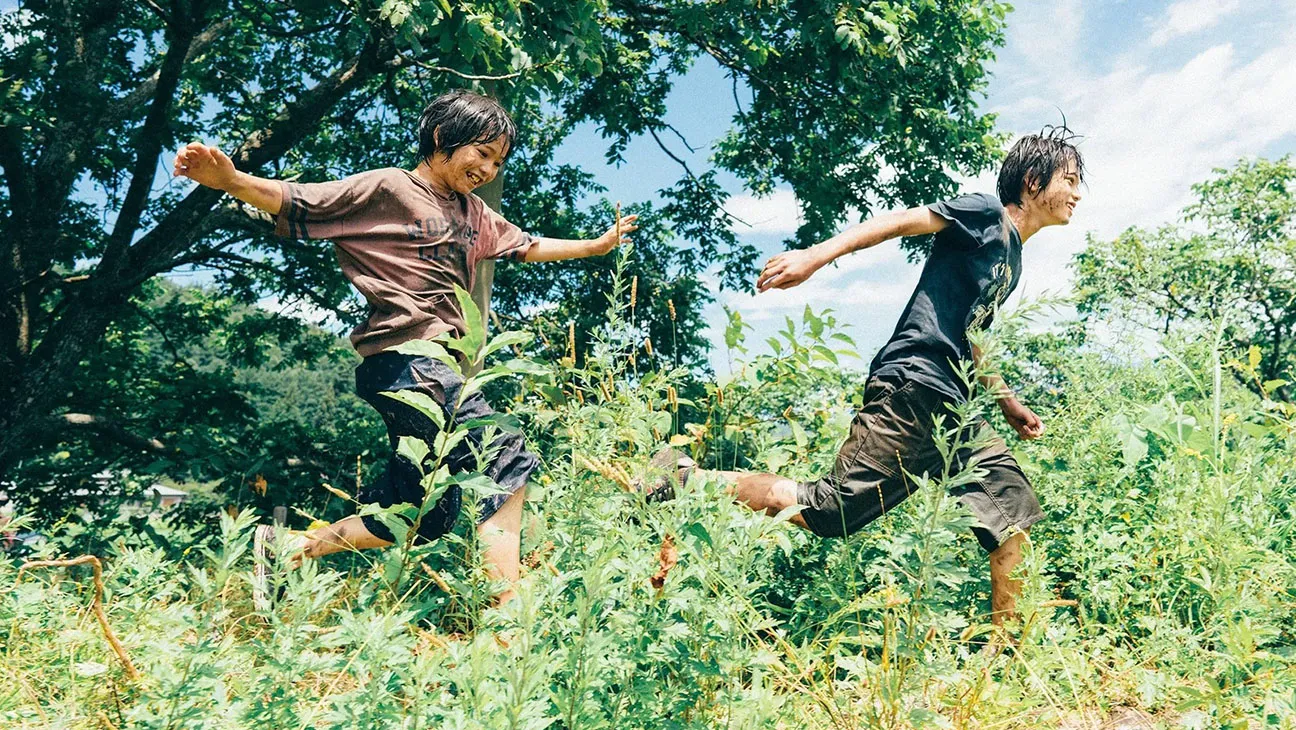
Heartbreaking yet also beautiful, “Monster” is a wonderful film. Hirokazu Koreeda elegantly weaves together an emotionally overwhelming and subtly executed narrative. A compelling mystery is established and, through terrific storytelling, gradually reveals its truths through the various perspectives of the characters and proceeds to further immerse with its thought-provoking themes and compassionate handling of its subject matter. Even after its revelations come to light, audiences will remain entranced by the feature's numerous layers of depth. (Sean Barry)
3. Godzilla Minus One by Takashi Yamazaki (Japan)

“Godzilla Minus One” is a great film, providing entertainment and themes that engross viewers further into the experience. Yamazaki gives audiences plenty of spectacular monster action and simultaneously engages them with a humanistic story containing a powerful anti-war message that addresses the horrors of nuclear weaponry and promotes the idea of individuals supporting each other through dark times. The mesmerizing reimagining of Godzilla will satisfy long-time fans and newcomers. (Sean Barry)
2. The Breaking Ice by Anthony Chen (China-Singapore)
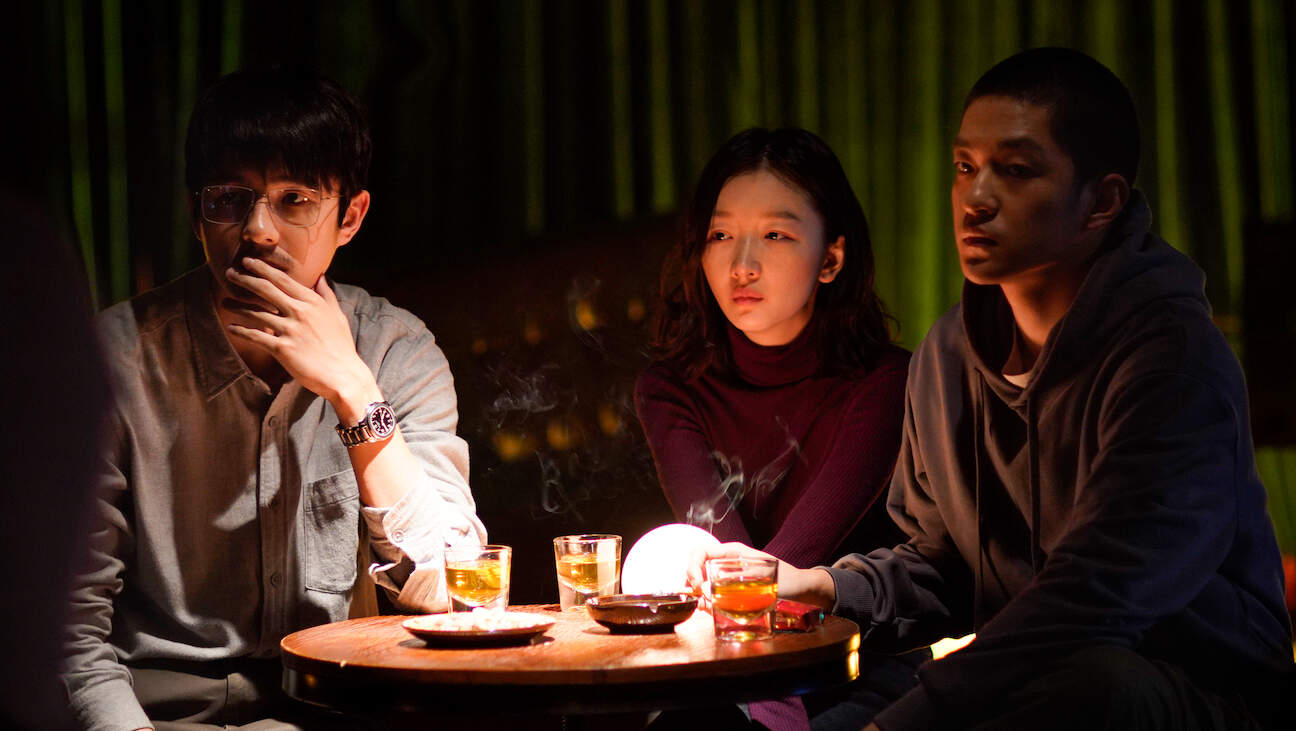
At the same time, the movie functions as a tour guide of the area, with Chen not just lingering in the impressive snowed setting in and outside of the town, but also presenting the night clubs, bars and other entertainment establishments, thus avoiding shooting another Chinese film that only focuses on the miserable life of the poor. Yu Jing-Pin's excellent cinematography highlights all the aforementioned with a meaningful realism that finds its apogee in the impressive long shots. At the same time, and in combination with the way Chen approaches his context, the cinematography is one of the main mediums that leads into Nouvelle Vague paths, with the scene in the bookstore being the most prominent sample, and the most impressive, in audiovisual terms, of the whole film, not to mention the funniest. The also excellent use of music completes the technical aspect, in a way that actually emits a warmth throughout the movie (at least in the scenes where the protagonists are together) that creates a very appealing antithesis with the snow and the cold that dominate the exterior shots. (Panos Kotzathanasis)
1. Past Lives by Celine Song (Korea, US)
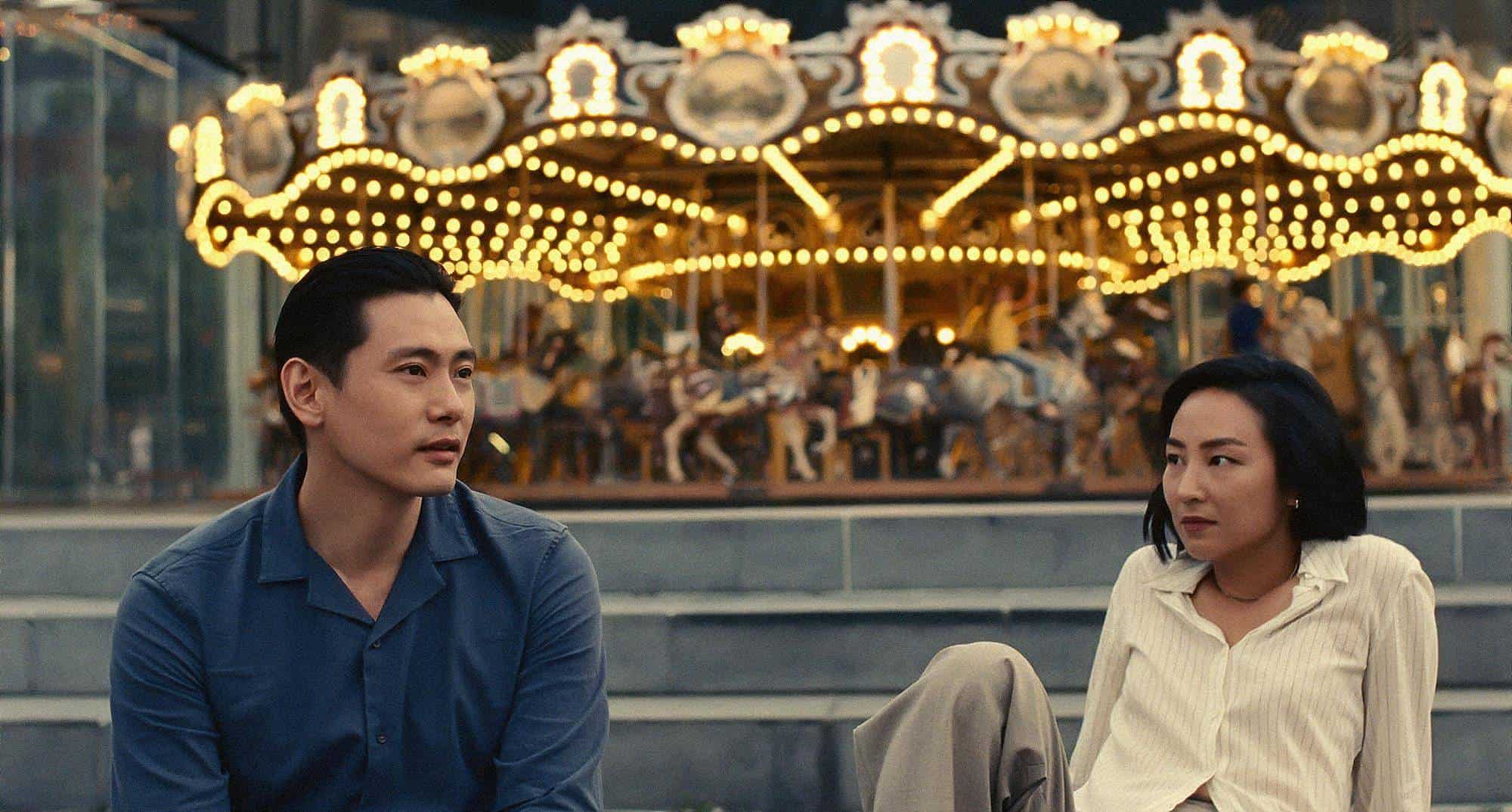
Celine Song directs a slow burning, quite tender romantic film, which also includes one of the best-working flashbacks (intro if you prefer) and one of the best endings we have seen in a romantic film. Apart from these, the movie essentially deals with the concept of soulmates, and how it can shape the lives of people, particularly in a society such as the Korean, where it is actually part of a wider belief regarding reincarnation. (Panos Kotzathanasis)



